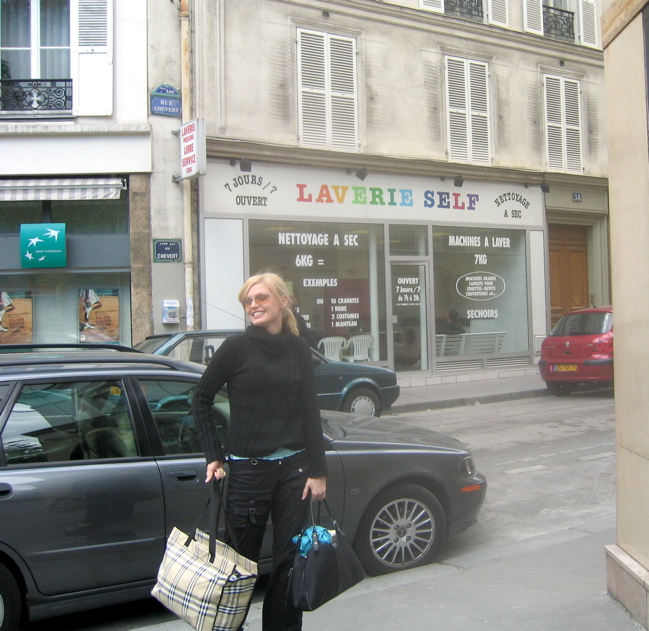From my alumni listserv to the the New York Times, journo types have been buzzing about the one-time Harper’s Bazaar intern who recently launched a lawsuit at Hearst for lost wages.
Like most media internships, the Harper’s Bazaar gig, although unpaid, involved considerable time, energy and hard work–up to 55 hours per week, according to the disgruntled former fashion intern.
I don’t know the specifics of her case, but the lawsuit appears to be a shaky one. Unless she was unaware of the gig’s lack of compensation before she took it, methinks the suit smacks of a bitter underling. One who thought the grunt work would give way to a full-time job, and wound up feeling used and exploited when it didn’t.
Still, the case has unleashed a lively debate among media industry types regarding the ethics of unpaid work. On the one side are those who argue that plum internships pay by way of experience and connections, adding caché to the resumes of industry wannabes that would otherwise be buried in the CV slush pile.
On the other side are those who decry unpaid internships as exploitative, a form of glorified slave labor that preys upon the young and eager.
Having completed a few media internships myself (all unpaid) this debate is particularly fascinating. While some internships were better than others in terms of mentoring and hands-on experience, I never felt taken advantage of. Having come to journalism late in the game (I was already a senior in college when I began to consider it), I assumed that putting in the time and energy to learn the ins and outs of the business was par for the course. My publishing background up to that point was limited to helping edit the college literary magazine. How else was I going to get experience?
For a blundering novice, the internships were an invaluable introduction to the business. I worked hard, learned a lot and met many fantastically talented people. Was I frustrated at times? Yes. Did I ever encounter colleagues that were unpleasant, pervy (a story for another post!) or otherwise completely indifferent to whether I got anything out of the experience? Again, yes. But on the whole these internships were amazing and I would do them again tomorrow.
Perhaps the more intriguing part of the debate is what Slate’s Katy Waldman describes as “the built-in inequality that makes intern culture so troublesome.” In short, unpaid internships, while crucial to making inroads in the media industry, are typically limited to those who can afford to work for free. Katy should know. Prior to her job at Slate, she interned for five months each at the New Yorker and the Paris Review (both unpaid last time I checked). I think it would be safe to guess that during her intern days she was not on the short end of the inequality stick.
To be fair, neither was I. There is no question that I was privileged and lucky to have had the opportunity to pursue my dreams. Likewise, I have no doubt that the unpaid intern culture favors people from certain economic backgrounds. But can’t the same be said for the publishing industry as a whole, in which connections are crucial and low salaries are all-too-often augmented by familial or spousal support?
In grad school I interviewed a magazine editor whose work I had long admired. On the phone she was gracious, funny and surprisingly candid. When I asked her about the best route into magazine publishing, she didn’t hesitate.
“Knowing someone in the business helps immensely,” she explained. She went on to emphasize the importance of the “right” kind of family, the “right” kind or school and the “right” kind of friendships.
It surprises me that it took a litigious former intern to bring this age-old issue to light. I don’t see things changing, either. But at least it has gotten people talking.





No Comments